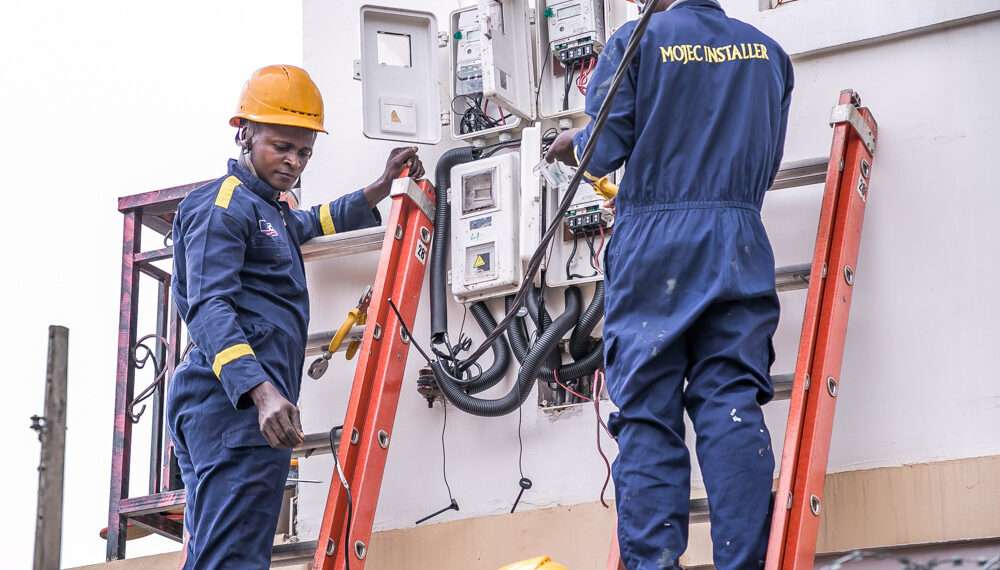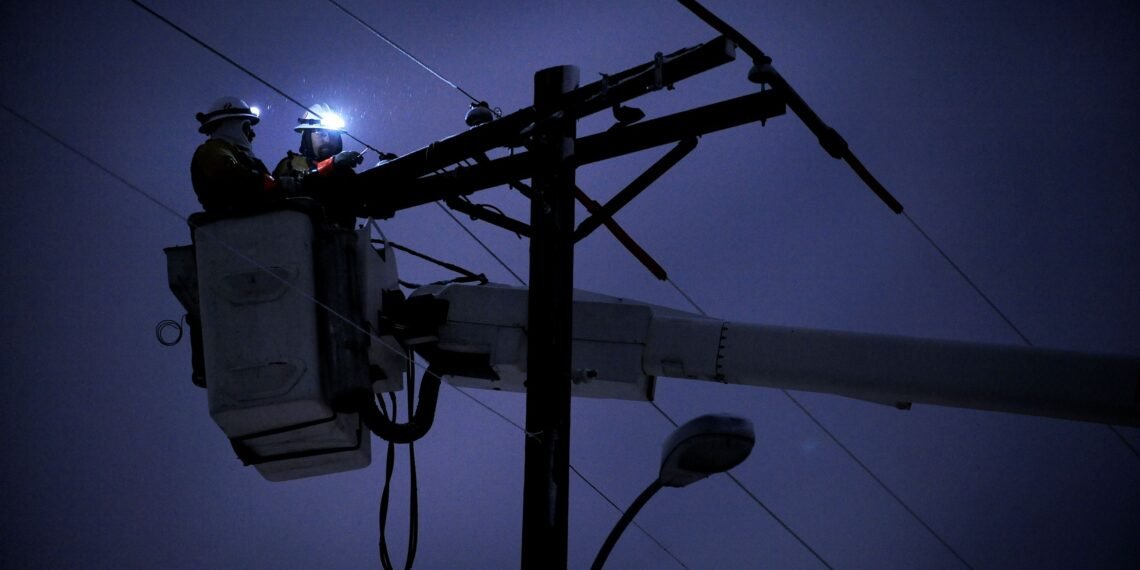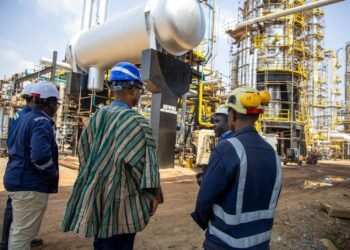Amid widespread power outage complaints across Ghana, concerns about the nation’s energy supply are intensifying, prompting increased calls for transparency from the Ministry of Energy and the Ghana Grid Company (GRIDCo).
Amid the frustration, it is important for the Ministry to instruct GRIDCo to publish daily grid reports to clarify whether recent outages are due to localized faults—as officials claim—or deeper generation issues.
The pressure stems from repeated explanations by government officials that outages are isolated incidents caused by faulty cables or equipment failures. But many Ghanaians, recalling previous energy crises, are skeptical of the narrative.
“We’ve heard the ‘localized faults’ story before.
“Then it turned out to be a nationwide generation shortfall. We need hard data, not just reassurances.”
Alfred Appiah, Renowned policy analyst
Appiah argued that publishing daily grid performance reports—detailing generation, load demands, and supply shortfalls—would be the clearest way to confirm whether Ghana is facing another episode of dumsor or merely scattered technical faults.

“If the Ministry truly believes this isn’t a generation problem, let GRIDCo release the numbers publicly.
“Let’s practice the transparency that was once so strongly advocated.”
Alfred Appiah, Renowned policy analyst
Energy security has emerged as a critical issue for Ghana’s economic development, with industries, businesses, and households relying heavily on reliable power supply.
The uncertainty surrounding power outages not only affects public sentiment but also creates economic disruptions. Advocacy for grid reports underscores the urgent need for systemic reforms to ensure accountability and operational efficiency
Ministry Denies Widespread Power Outages

In response to the public’s growing concerns, the Ministry of Energy and Green Transition has denied the return of dumsor, the colloquial term for prolonged and scheduled blackouts that plagued the country in previous years.
Isaac Agyei Kwakye, Public Relations Officer for the Ministry, insisted that the recent outages are not linked to power generation deficits.
“There is no ‘dumsor’. There is nothing like ‘dumsor’ and ‘dumsor’ is not back. There have been isolated cases.”
Isaac Agyei Kwakye, Public Relations Officer for the Ministry
He explained that faulty infrastructure—such as broken cables or overloaded transformers—is to blame for the blackouts in areas like Coco Beach and parts of Nungua. These, he emphasized, were not indicative of a broader national issue.
“I stay in Accra at Madina, and I can tell you that I don’t remember the last time I slept in the dark.
“What it means is that the cables there are not faulty.”
Isaac Agyei Kwakye, Public Relations Officer for the Ministry
Acknowledging the frustrations of Ghanaians, Mr. Kwakye assured the public that the Ministry is working with stakeholders, including the Electricity Company of Ghana (ECG) and GRIDCo, to ensure system improvements and restore stable power delivery.

“We hold regular meetings with all stakeholders in the energy supply chain.
“The aim is to resolve technical challenges swiftly and ensure a stable supply across the country,”
Isaac Agyei Kwakye, Public Relations Officer for the Ministry
Despite reassurances from government officials, public skepticism remains prevalent.
Publishing daily grid reports would not only boost public confidence but also insulate the Ministry and its agencies from accusations of misrepresentation.
Energy Minister John Abdulai Jinapor, who previously criticized the lack of transparency in generation data while in opposition, faces mounting pressure to champion transparency practices now that he is in office.
Whether the current outages constitute dumsor or are genuinely isolated events remains a subject of public debate. What’s clear, however, is that the Energy Ministry is facing a growing trust deficit.
As Ghanaians seek answers, many believe that only full disclosure—backed by GRIDCo data—will settle the issue. Until then, the debate will rage on, and every blackout will feel like a reminder of past energy crises still fresh in the nation’s memory.
READ ALSO: Mahama Promises Revamp of Tema Oil Refinery Through PPP























